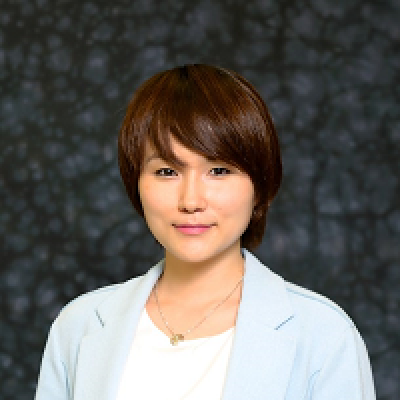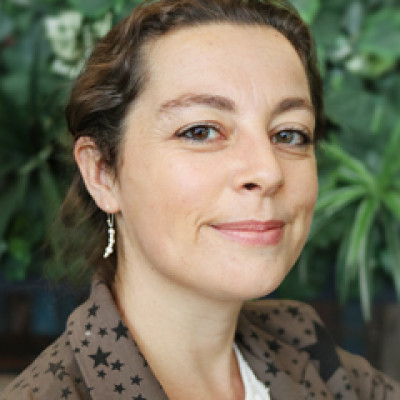Sessions / Informal Learning / Affinity Spaces / Communities of Practice
Asset-enriching pedagogy for Interest-driven language learning: Tapping into students’ fannishness #3636
The field of TESOL has focused on how interest-driven practices (e.g., playing English-medium online games) facilitate incidental language and literacy development among language learners. Researchers have tried to bring students' interest-driven practices into formal language classrooms. This presentation shares the presenter's design-based research study on using popular pop culture content (TV shows) in her adult international English language learners in the U.S.. The presenter triangulated the three key elements - the learning potential of the target content, students' actual interest in the target content, and teacher's familiarity with the target content. Through the lens of affinity space (e.g., Gee, 2007) and L2 willingness to communicate (e.g., MacIntyre, et al., 1998), the qualitative analysis revealed how the course 1) evoked the feeling of fannishness' among the students to be more willing to communicate in English and 2) functioned as an affinity space that invited and enriched students' out-of-classroom interest-driven language practices.
Sharing Your Strengths: Make and Deliver a Conference Presentation #3451
One of the most effective techniques to develop strength and confidence in teaching is produce a conference presentation for a wider audience. It connects the speaker to other professionals, allowing oneself to grow professionally. However, many teachers are intimidated by preparing and delivering a conference proposal. This presentation draws from the presenter’s own extensive experience in different types of conferences over at least a decade. The presentation shows how to write an effective abstract, integrate the intended material for presentation, pace and organize the presentation within the set time, respect the audience’s context, and manage other considerations for a successful conference presentation. Expect to interact with others on these topics and to learn helpful tips and techniques for any presenter. Regardless of your experience as a presenter yourself, you will find this presentation enlightening.
Let’s talk! Perspectives of a tandem language and cultural program #3492
Tandem language exchange consists of a partnership between two learners studying each other’s language. Among the mutual advantages it provides is the opportunity to improve their linguistic and communicative competence and cultural knowledge. Based on reciprocity and autonomy, a self-access center (SAC) may be seen as one of the most suitable places to run this face-to-face exchange program. This ethnographical study collected perspectives from different actors involved in an established tandem program - organisational team and learners - in a SAC, at a Japanese university, through interviews. Findings allowed to gain insights into the program and further understanding of the practices, including benefits and suggestions for improvement. While parallels could be made, findings also showed several differences between the institutions’ initial intentions and the reality of practice. This research may provide other educational settings with ideas to encourage collaboration in outside-of-class exchanges to expand learners' linguistics, communicative, and cultural knowledge.


